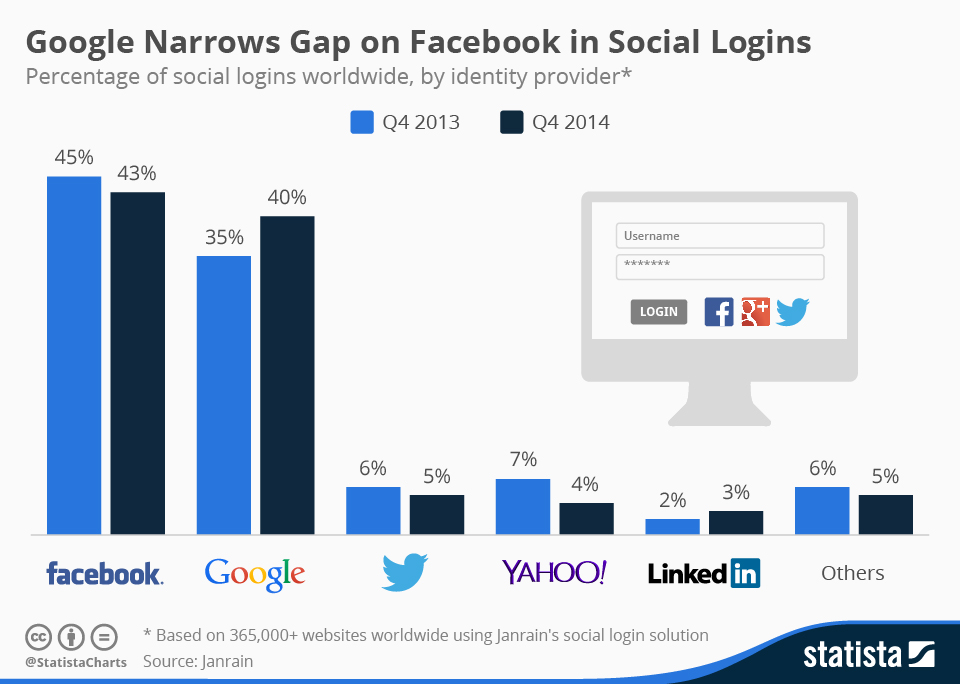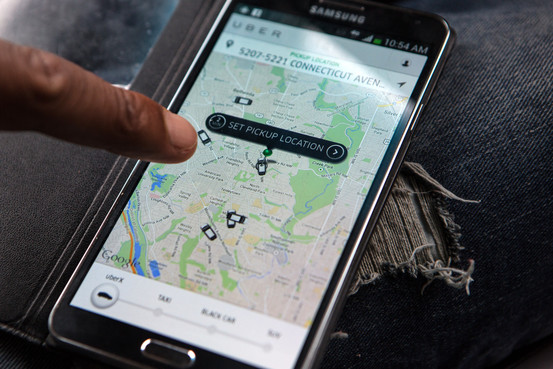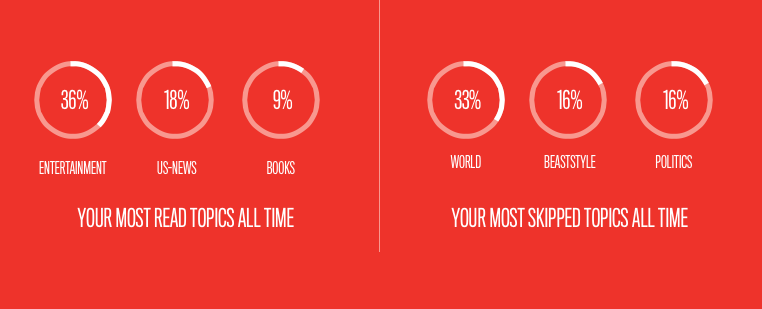Read the original story on: TechCrunch
E-commerce startups like Bonobos, Warby Parker and Birchbox have been thriving in online retail—some have even made their way back to brick-and-mortal stores—but some traditional retailers have struggled with the transfer. Kit Hickey, co-founder of online menswear store Ministry of Supply, sums up the three key reasons behind such the contrast:
- E-commerce startups are tapping into flexible and unique spaces such as vacant storefronts, with short-term leases.
- E-commerce startups have centralized inventory, which leads to significant savings on storage cost and shipping.
- E-commerce startups have a better understanding of their customers thru purchase data and customer profile.
All of these factors are hugely beneficial to e-commerce companies as they continue to scale both online and offline.






